A Quick and Easy Way to Grow Grateful Hearts for the Holidays (and for life)
Inside: Learn why gratefulness increases your happiness and well-being and a simple 3 step practice to make reflecting on gratitude easy yet amazingly meaningful for your child.
Join the #YESvember challenge and find more joy, fun and connection in parenting! (details at the end of this post).
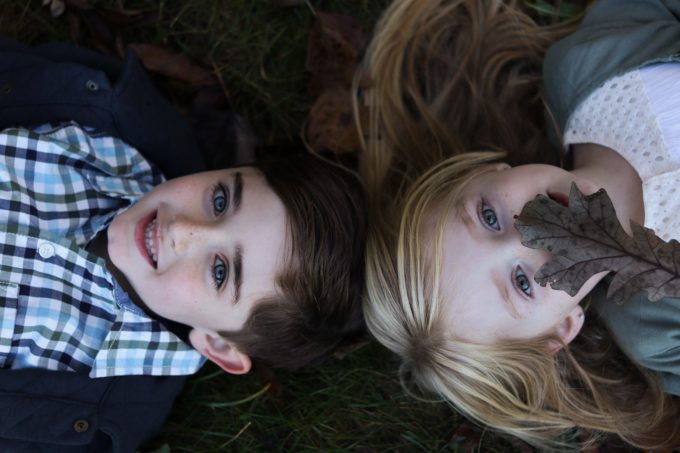
“Can Santa bring me this racetrack mama?”
The question was innocent enough but my irritation rose as I responded to the question for the 43rd time that day.
“You can ask Santa, but he chooses what to bring for kids”.
It was the quickest way I could think of addressing my three-year-olds newly realized ideology that speaking his wish list out into the atmosphere would make said items magically appear under the tree.
I really needed to nip that idea in the bud because he had in fact asked for at least twenty-eight different toys (98% of them race car related) before lunch, despite the fact that is wasn’t even December yet. All of this childlike greed delivered from a crisp red Toy catalog delivered to our mailbox, that I had left out on the counter.
Besides an innocent peek into the Pottery Barn Catalog- I have gotten pretty good at quickly tossing out the massive onslaught of catalogs arriving this time of year- not so subtly beckoning me toward greed, consumerism and consumption.
But this one, I had held on to, because apparently, I needed another reminder of the mindset that follows looking at the shiny things we don’t yet own but should, or could.
Every year, holiday consumerism slowly builds to a crescendo of crazed shoppers clotheslining each other at big box stores to get the latest self-hatching Elmo P360 Game (or something like that?).
No parent sets out on a mission to center the holidays around the things.
So how do we lead our families into mindsets of gratitude, appreciation, and contentment when the world seems to be doing it’s best to steer us in the other direction? First, let’s get into why it’s well worth the effort to cultivate a mindset of gratitude in our child.
The verdict is in and gratitude boosts well-being
What does an ‘attitude of gratitude’ accomplish within your child (and yourself)?
The Harvard Medical School, Mental Health Letter states,
“In positive psychology research, gratitude is strongly and consistently associated with greater happiness. Gratitude helps people feel more positive emotions, relish good experiences, improve their health, deal with adversity, and build strong relationships.”
Much research has been conducted on gratitude by two psychologists Dr. Robert Emmons and Dr. Michael McCullough. In a famous study, they asked all participants to write a few sentences each week, one group writing about what they were grateful for the prior week, the second writing about things that irritated or displeased them, and the third were asked to write about any event in general.
After 10 weeks the group focusing on gratitude was more optimistic, felt more positive about their lives in general, and experienced heightened well-being.
Not too shabby right?
Pin for Later!
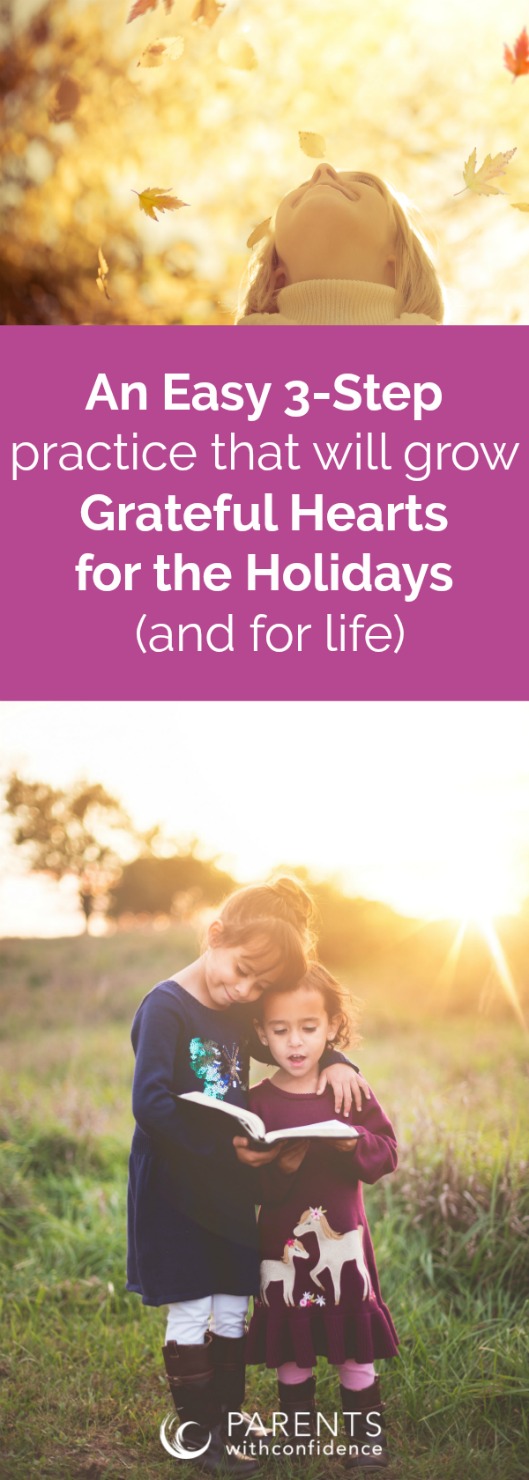
Getting practical with your child and gratitude
The idea is, if practiced consistently (and the holidays are a great time to start!), a gracious and appreciative mindset will come more naturally (the uplifting effects of the aforementioned study lasted for a whole month!).
Due to the neurobiology of our brains, the more we intentionally stop and re-direct our thought patterns toward gratitude, the more we re-wire our brains to do so more often, thus activating other areas of the brain that make us feel good (and thus inspiring more gratitude). Psychology Today highlights more powerful effects of gratitude;
“Gratitude is a fundamental thread that holds the tapestry of our social fabric together. Feelings of gratitude nurture our individual mental health and fortify our bonds with other people. The personal and interpersonal benefits of gratitude occur at both a psychological and neurobiological level.”
When we have a specific plan to accomplish a new task or habit, the more specific the better when it comes to odds of following through (especially as busy parents!).
Here’s a simple 3-step gratitude practice that covers every desired parenting base, simple, effective and meaningful.
The 3 step gratitude practice that makes growing gratitude easy
Gratitude can be a pretty abstract concept for a child. We can make it more concrete for them by helping to draw their awareness to three different lenses of gratitude; self, community, and the world.

Gratitude for what lies within ourselves
Brainstorming what we appreciate about ourselves is a great way to get your child thinking about their own individual gifts and strengths. Are they grateful for their ability to work hard on multiplication? Or for their strong legs that help them to run at soccer practice? Maybe it’s their cute freckles on the tip of their nose. Your child may need support in drawing out their own unique traits and characteristics, which is a wonderful opportunity to reflect all the amazing things you see in them each day.
Gratitude for our communities
Bringing an awareness to what goes on in our communities every day (that supports your child directly or indirectly in some way), will likely be eye-opening for them. Your child has likely not thought much beyond their own everyday experience, regarding how lucky they are to have doctors to take care of them when they’re sick, police and firefighters working to keep them safe at all times, and military personnel living all over the world to help ensure we have a safe and fair country to live in? Don’t forget about schools, teachers, family, homes, and parks of course.
Gratitude for our world
We can expand our frame of reference even further by stretching out to things much larger than ourselves. Whether this is God, the universe, mother nature or any other higher power you may recognize, research indicates that a sense of spirituality gives meaning and value to our lives. Connecting with something bigger than ourselves gives us a sense of groundedness and purpose. Your child may appreciate the clean air we breathe or sense of peace and love they have during a dinnertime prayer.
Grateful habits grow grateful hearts
On his Thanksgiving turkey pre-school craft my 3 year old confidently told his teacher to write “cars!” for his object of gratitude (I tried not to take it personally when most of the other turkey’s said ‘mom’). What can I say, the kid knows what he’s grateful for. With a bit of effort, hopefully, we can keep it that way.
Grab your FREE 3- Step Gratitude Practice Sheet!
(You’ll also be signed up for the epic Parents with Confidence weekly newsletter full of ways to raise emotionally healthy kids that will change the world!)
Join the #YESvember challenge!
I’ve joined with some other amazing writers and educators who live, breath, and write about parenting, gratefulness, meaning, resilience, emotions and more. This month we are sharing a series of articles all related to saying “Yes” in your life to bring more joy, gratitude and connection.
Angela, Parents with Confidence –Find me on Facebook, Find me on Instagram
Kerry, Self-Sufficient Kids –Find me on Facebook, Find me on Instagram
Alana, Parenting From the Heart — Find me on Facebook, Find me on Instagram



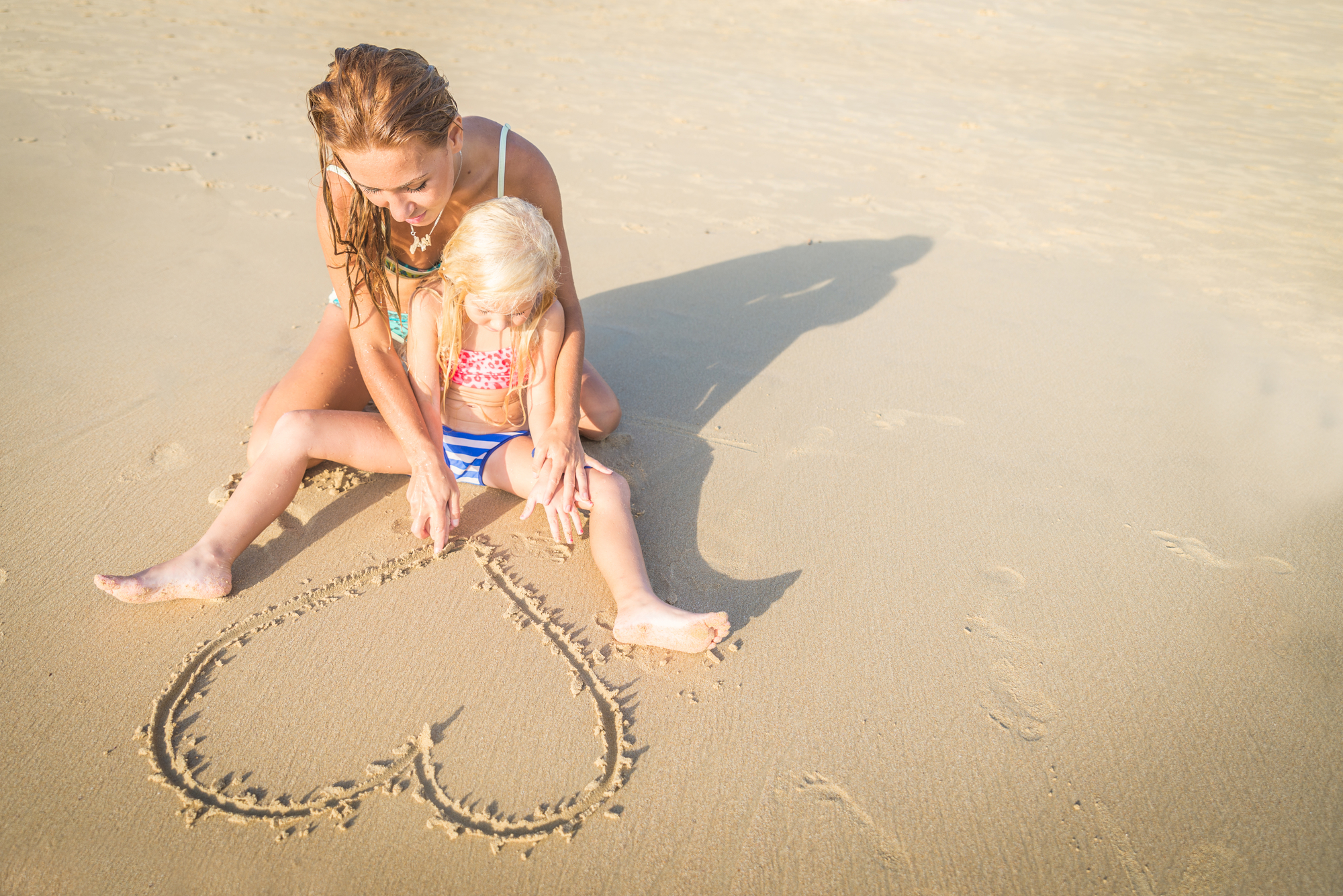
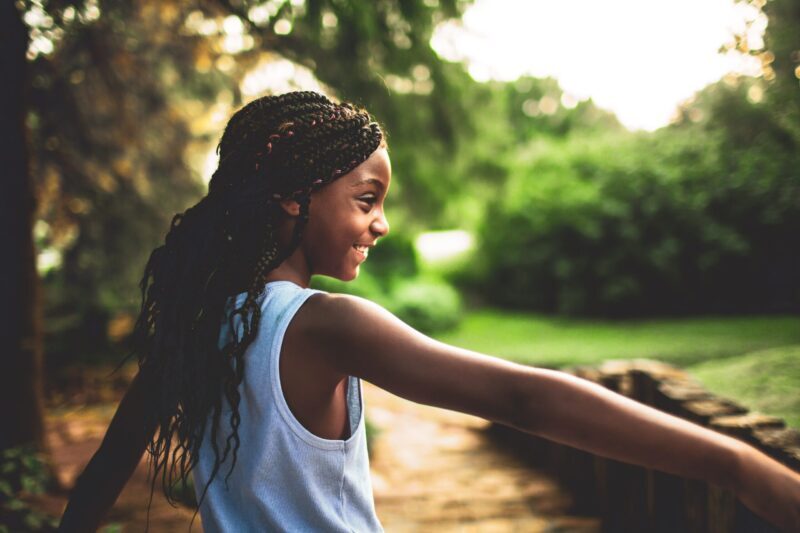
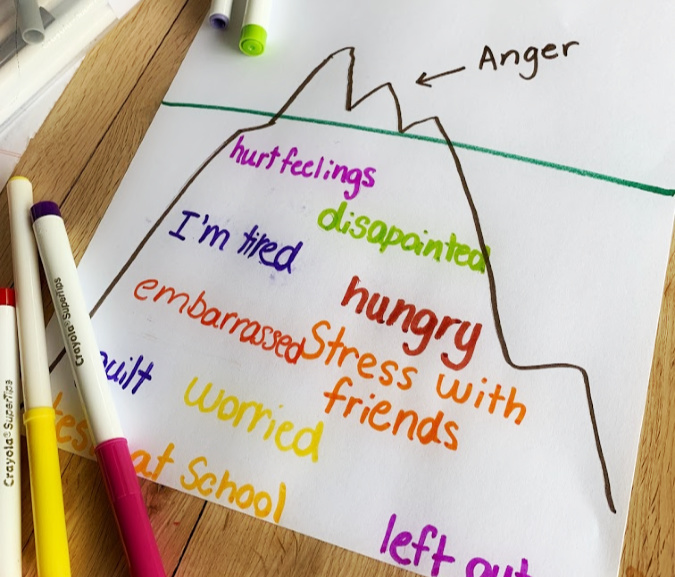


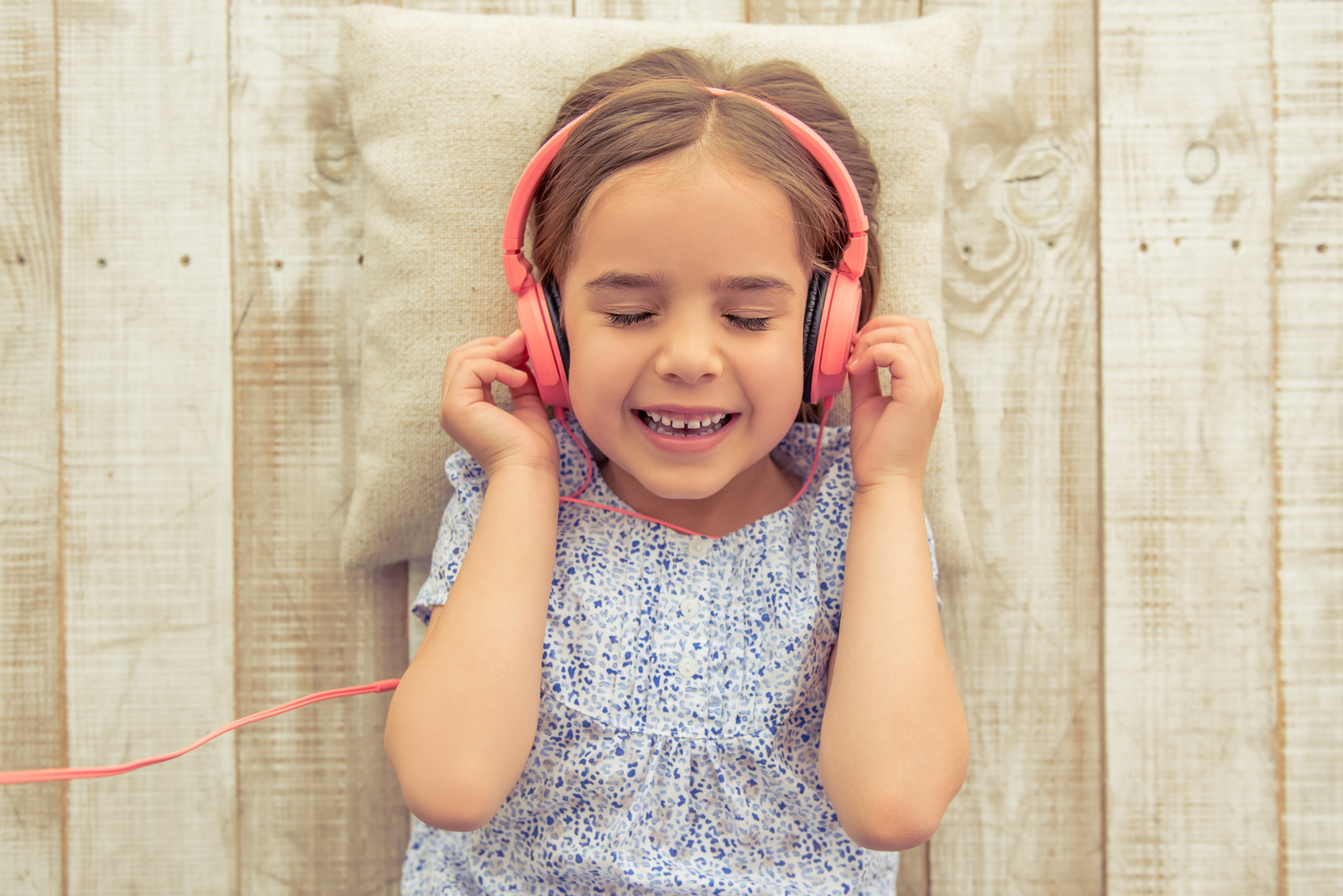
Love your take on gratitude. We have so much to be thankful for and passing that on to our kids is difficult.